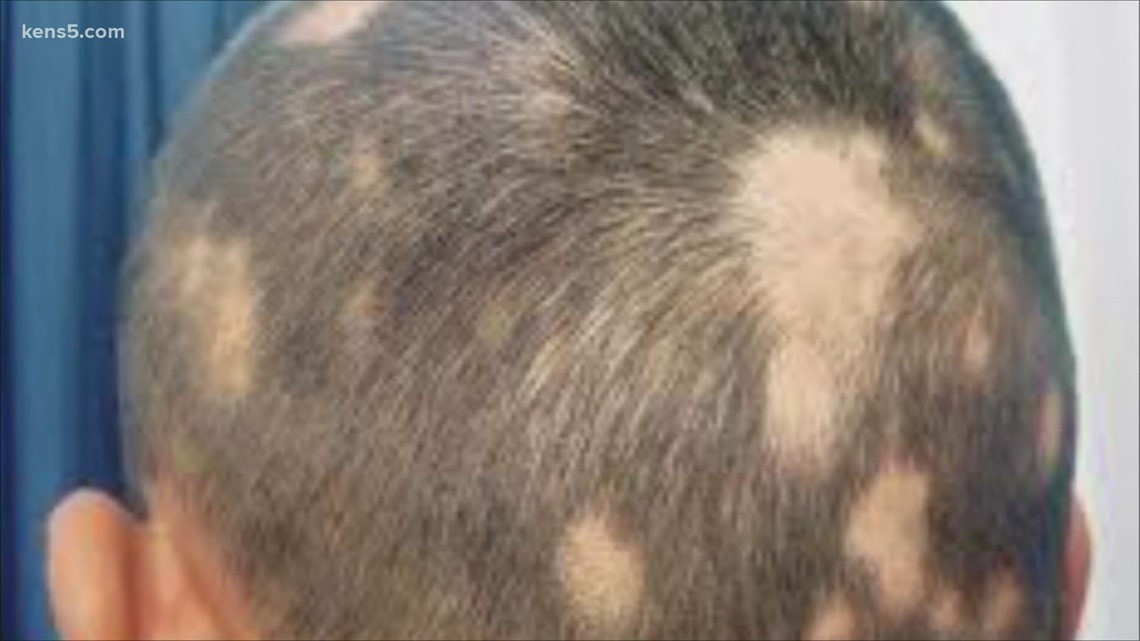
SAN ANTONIO — When you see an illness on the outside it can make it easier to diagnose and treat. But even if others can see the impacts a condition you are dealing with, they may not understand the effect it has on your mental health.
One of those diseases is alopecia, an autoimmune disease that causes the body to attack hair follicles, leading to sudden and sometimes complete hair loss on the scalp, face, a or body. But it’s effects on your mental health can disrupt life daily for those dealing with it.
“I have been through years of searching for treatments such as shampoos, oils, ointments, numerous prescription medications, steroid injections,” said Brandi Jones who was diagnosed with alopecia at 18-years-old. She says the condition had a huge impact on herself as an individual. She told us, “You lose your self-confidence, your self-esteem. You feel like you lose your identity, that everyone’s staring at you all while you search for a reason. as to why this is happening.” Dr. Meena Singh, a board-certified dermatologist said, “It can have a profound impact on our patients because it can lead to significant alteration of how a patient looks and how they present themselves to the world.”
The National Alopecia Areata Foundation says in the U.S. one out of every 50 people will experience alopecia in their lifetime. That is about 7 million Americans that will come down with the disease. More than 80% of people with the disease show signs before age 40, and 40% experience symptoms as early as age 20, or even younger.
Not all therapies work for everybody with the disease, but a new type called Jak Inhibitors has proven to be successful in treating those with severe alopecia. Dr. Singh said, “Recent clinical trials have shown regrowth faster in a condition that historically had had unmet needs due to ineffective therapeutic options.” Jones added, “I know that everyone’s experience is different, for hair regrowth, but with mine, I’m no longer worried about the things that I used to.”
